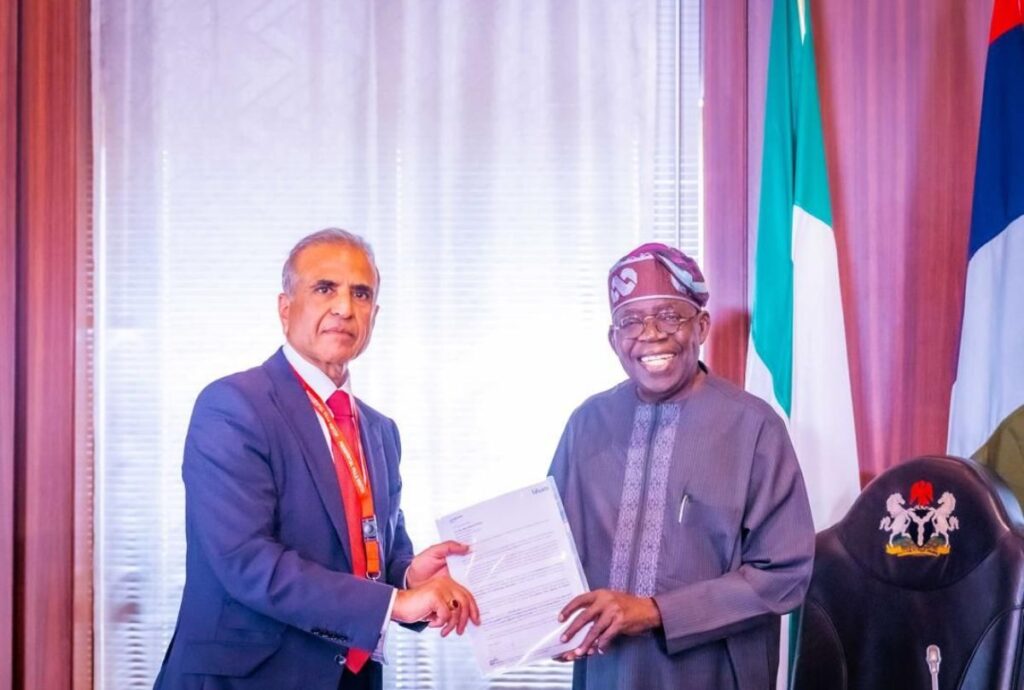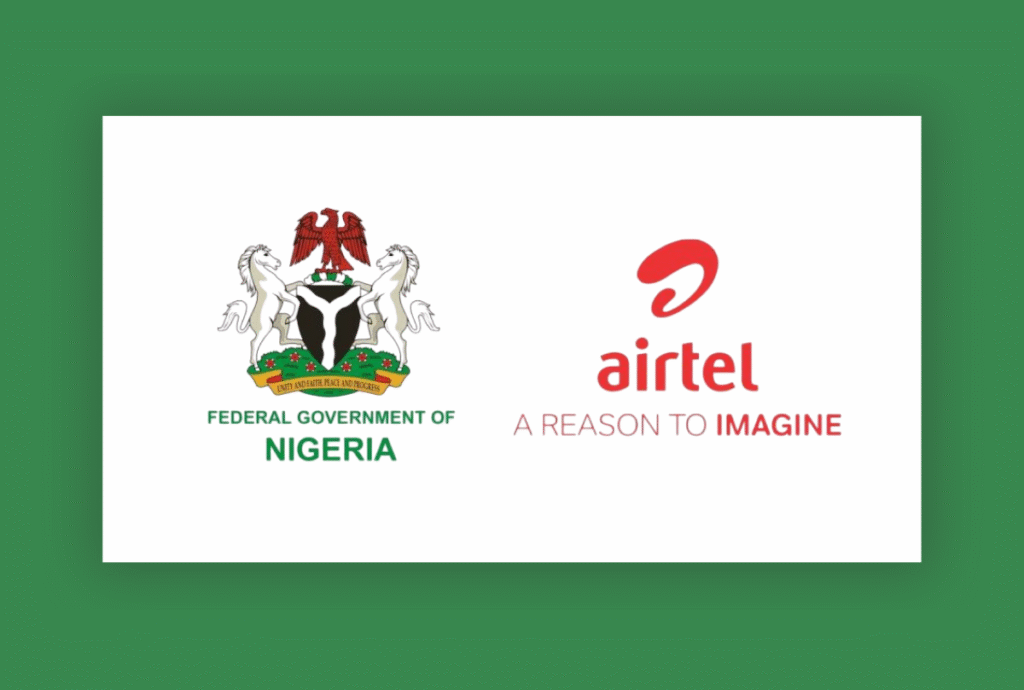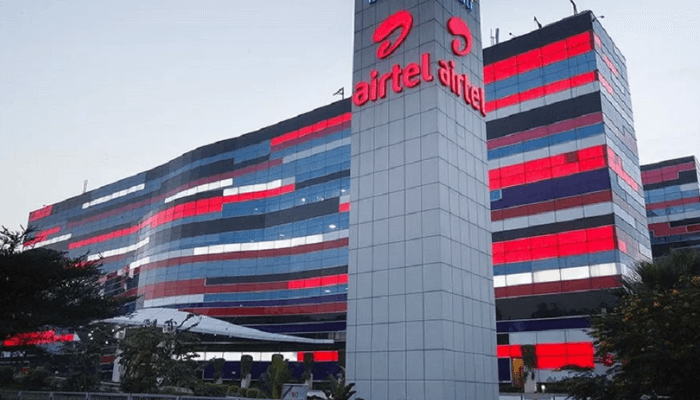Telecommunications giant Airtel Africa has pledged to establish a state-of-the-art technology hub in Nigeria, in a move designed to strengthen the country’s digital ecosystem and equip young people with critical technical skills. The announcement, made by Segun Ogunsanya, Chief Executive Officer of the Airtel Africa Foundation, underlines the company’s commitment to education, innovation, and inclusion across the continent.
According to Ogunsanya, the planned hub will not only be a physical structure but a centre for training, mentorship, and collaboration. It will bring together young talents, startups, and industry leaders to accelerate Nigeria’s drive towards becoming a global tech powerhouse. The hub is also expected to complement a similar project in the Democratic Republic of Congo.
Table of Contents

Training the Next Generation of Digital Talent
For Airtel, the hub is not just about infrastructure, but about nurturing people. The facility will focus on training Nigerians in software development, artificial intelligence, financial technology (fintech), and digital problem-solving. Participants will gain practical knowledge, mentorship, and access to tools needed to thrive in today’s competitive digital economy.
Ogunsanya highlighted that the initiative builds on Airtel’s ongoing support for the Federal Government’s “3 Million Technical Talent” programme. Through this collaboration, Airtel has already assisted in training about 25,000 Nigerians, preparing them for jobs in tech fields both at home and abroad.
Beyond skills development, the hub will also serve as a safe space for startups. New businesses will be able to test ideas, network with investors, and access support systems that are often difficult to find in Nigeria’s startup landscape. By combining training with entrepreneurship support, Airtel hopes to build a pipeline of innovators who can create scalable solutions for Africa’s biggest challenges.
The hub will also align with the foundation’s FEED strategy — which stands for Financial empowerment, Education, Environmental protection, and Digital inclusion. Through this framework, Airtel aims to impact 10 million lives across Africa by 2030, ensuring its corporate responsibility work goes beyond philanthropy and contributes directly to long-term development.
Partnerships, Scholarships and Broader Interventions
Sunil Taldar, Group Chief Executive Officer of Airtel Africa, confirmed that seed funding has already been allocated for the tech hub project. This investment is part of a larger package to expand the Airtel Africa Foundation’s footprint across the continent.
The foundation’s strategy goes beyond just one hub. Airtel is rolling out complementary initiatives such as:
- Connecting Schools: Providing free internet access and devices to selected schools, especially in underserved communities, to reduce the digital divide.
- Airtel Africa Fellowship: A scholarship programme to fully sponsor undergraduates in STEM (Science, Technology, Engineering and Mathematics), offering them mentorship and internship placements to bridge the gap between classroom learning and workplace skills.
Through these interventions, Airtel hopes to ensure that the hub is part of a wider digital ecosystem rather than a stand-alone project. By tying education, infrastructure, and financial empowerment together, the company wants to maximise long-term impact.
Industry watchers say this approach could help Nigeria address key bottlenecks such as limited access to quality training, inadequate mentorship for startups, and weak support for young innovators.

Why Airtel’s Tech Hub Matters for Nigeria
Nigeria is already Africa’s largest digital economy, with a rapidly growing base of internet users, vibrant fintech sector, and millions of tech-savvy youths. Yet, the country faces persistent challenges: a shortage of skilled workers, limited access to affordable training, and brain drain as many talented Nigerians seek opportunities abroad.
By pledging to build a world-class tech hub, Airtel is sending a strong signal that the private sector can play a central role in addressing these gaps. If successfully executed, the hub could:
- Create a new generation of skilled developers, engineers, and innovators.
- Provide startups with the resources and mentorship they need to thrive.
- Strengthen Nigeria’s position as a regional leader in technology and innovation.
- Encourage other corporations to invest in human capital and infrastructure.
More importantly, the project aligns with national priorities. The Ministry of Communications, Innovation and Digital Economy has consistently stressed the need to expand training opportunities, encourage local solutions, and boost job creation in the digital space. Airtel’s initiative could therefore become a model of public-private partnership in driving development.
For young Nigerians, the hub represents hope — an opportunity to acquire life-changing skills, start businesses, and create jobs for others. For the broader economy, it promises stronger productivity, more innovation, and a stronger case for Nigeria as a destination for global technology investment.

Conclusion
Airtel’s pledge to build a tech hub in Nigeria is more than a corporate announcement — it is a statement of confidence in the country’s future. By focusing on skills, innovation, and inclusion, the initiative has the potential to empower millions, strengthen the education sector, and position Nigeria firmly on the digital world map.
With its mix of training programmes, startup support, scholarships, and partnerships, the hub may well be remembered as one of the most significant interventions in Nigeria’s tech landscape over the coming decade.
Join Our Social Media Channels:
WhatsApp: NaijaEyes
Facebook: NaijaEyes
Twitter: NaijaEyes
Instagram: NaijaEyes
TikTok: NaijaEyes





